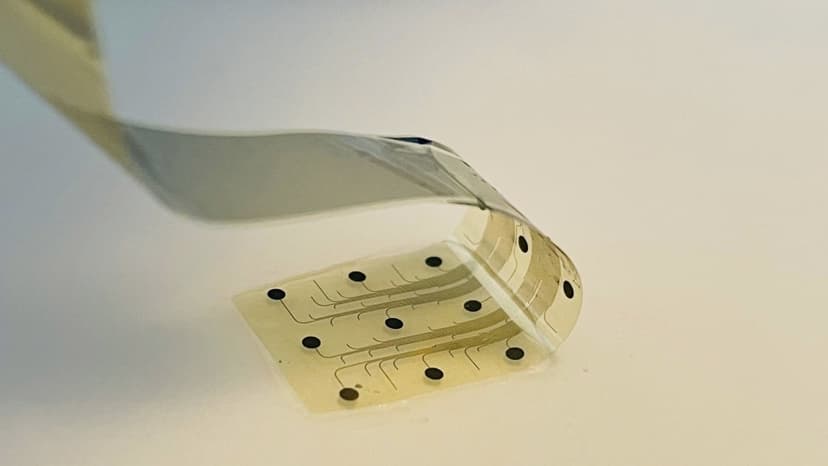Home / Technology / Microsoft and Inbrain Unveil Groundbreaking Graphene Brain Implant
Microsoft and Inbrain Unveil Groundbreaking Graphene Brain Implant
14 Nov, 2025
Summary
- Microsoft partners with Inbrain to develop AI-powered brain implant
- Inbrain's graphene-based device aims to provide personalized neurological treatments
- Collaboration leverages Microsoft's AI models and cloud infrastructure

In a groundbreaking partnership, Microsoft has entered the fast-evolving brain implant space by collaborating with Inbrain, a medical technology company. The goal of this collaboration is to develop new therapies for patients with neurological disorders, such as Parkinson's disease, epilepsy, and psychiatric or memory conditions.
Inbrain's brain-computer interface (BCI) device, which is the first of its kind made from graphene, will leverage Microsoft's advanced AI models and cloud infrastructure. This integration is expected to enable faster and more personalized treatment based on real-time monitoring of brain activity. Inbrain CEO Carolina Aguilar describes the device as "an operating system for the body" that can continuously read, interpret, and respond to neural signals using AI.




